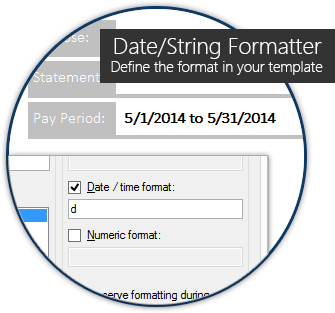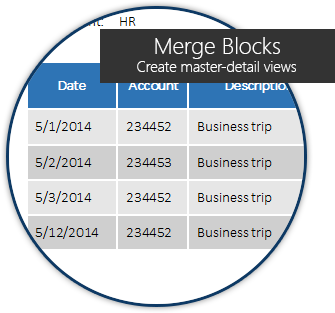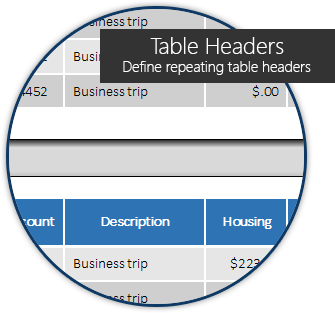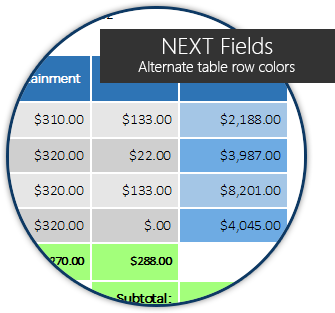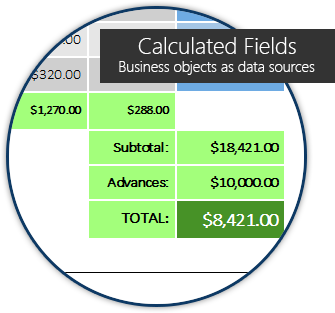Part 2: Expense Report Template in Detail
In the last blog entry "Reporting: Expense Report with Business Objects", we looked at business objects as data sources, advantages of separating logic from the template formatting and how values are calculated in business objects directly. You have learned that the merge process with a nice and clean data structure is executed with only 1 line of code using Text Control Reporting. In this article, the reporting template itself, created in the template designer TX Text Control Words, is…

In the last blog entry "Reporting: Expense Report with Business Objects", we looked at business objects as data sources, advantages of separating logic from the template formatting and how values are calculated in business objects directly. You have learned that the merge process with a nice and clean data structure is executed with only 1 line of code using Text Control Reporting.
In this article, the reporting template itself, created in the template designer TX Text Control Words, is illustrated in detail.
The following screenshot shows the template view and the results - simply hover over the screenshot to see the merged report:
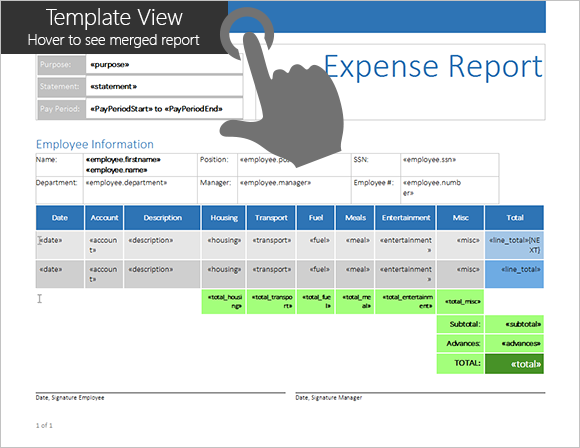
The following interactive screenshot shows various reporting features in detail. Simply hover over the pulsating hotspots:
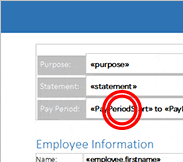 |
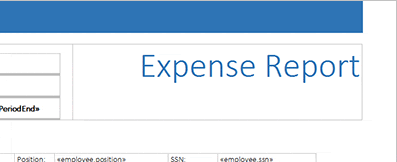 |
|
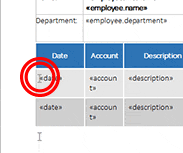 |
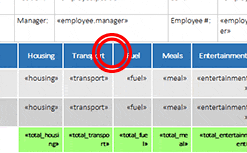 |
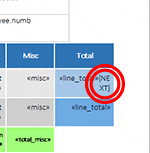 |
 |
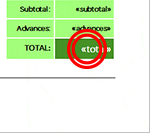 |
|
Reporting
The Text Control Reporting Framework combines powerful reporting features with an easy-to-use, MS Word compatible word processor. Users can create documents and templates using ordinary Microsoft Word skills. The Reporting Framework is included in all .NET based TX Text Control products including ASP.NET, Windows Forms and WPF.
Related Posts
Creating Your First ASP.NET Reporting Application
This tutorial shows how to use the MailMerge component in an ASP.NET Web application to merge a template with data to create an Adobe PDF document.
New Online Sample: Build your First Report
We published a new online demo that shows how to create a report including preparing data, creating a template to merging them together.
ReportingDocumentationReportingCloud
Create your First Document with ReportingCloud
As part of our new ReportingCloud documentation, we published a guided tutorial that shows how to create a document without programming.
MailMerge: Starting Each Merge Block on a New Page
A merge block is repeated based on the number of matching data rows in the hierarchical data object. The complete merge block is cloned and inserted under the original location in the template.…
Using MailMerge with JSON Data
In the last article, we explained how to create an ASP.NET Web API to merge templates with JSON data in the payload body of an HTTP request. The focus of this article was on the Web API and…


